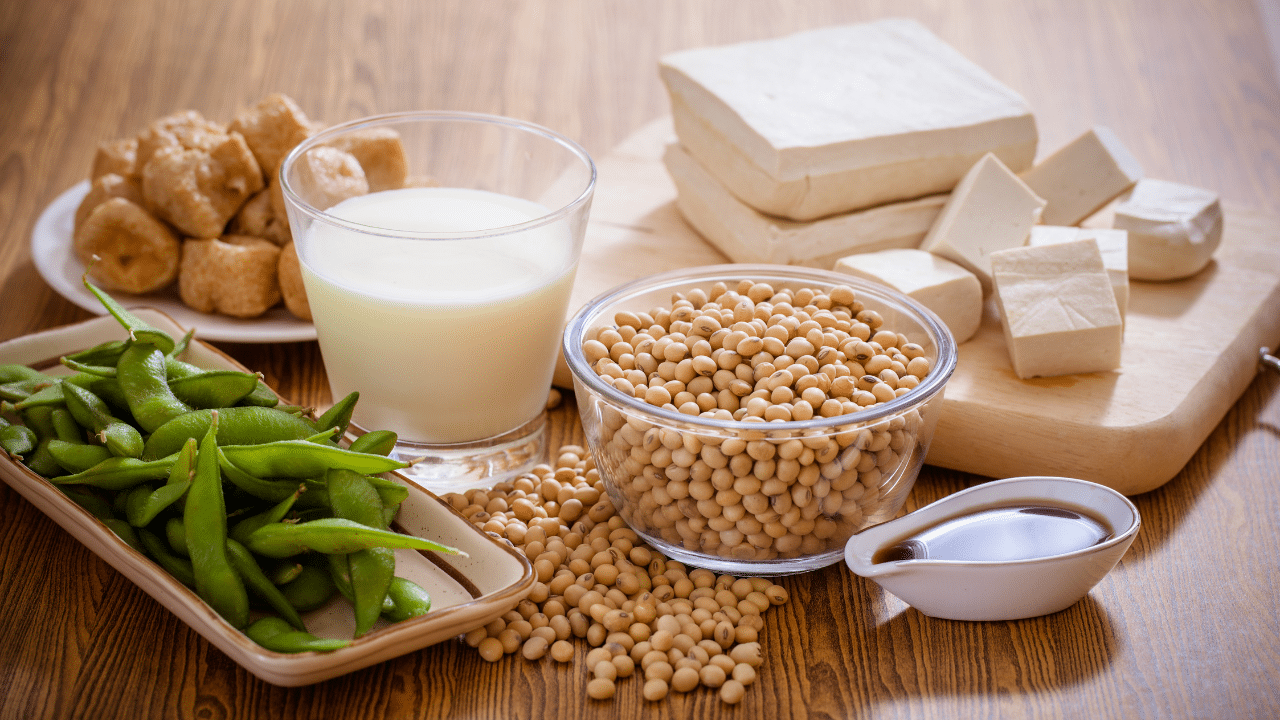
Top 5 Vegan Protein Options for Consumers
For those wanting to live a natural life, finding the right balance of nutrition in your diet can be a little tricky. With a little bit of research, the vegan lifestyle is actually quite simple, and many companies are also making the change to cruelty-free products. We’ve put together the top five options for protein sources within a vegan diet, so you can get started with your balanced, healthy and cruelty-free lifestyle today!
Table of Contents
Vegetables
It is true, vegetables often contain lower amounts of protein than other sources, but don’t let this discourage you! Green, leafy veggies are your friend when it comes to protein, and when combining them with other sources of protein, they not only give you that extra hit, but they are also packed full of healthy vitamins to make you feel even more amazing than you already do!
Our fave’s:
Spinach
5 grams of protein per cooked cup, plus vitamins A, C, E, K, and B6 as well as niacin, zinc, fiber, thiamine, folate, calcium, iron, magnesium, phosphorus, potassium, copper, and manganese
Artichokes
8 grams of protein per cup, plus vitamin C, fiber, potassium, and magnesium
Broccoli
4 grams of protein per cooked cup, plus calcium, vitamin C, fiber, and B vitamins
Beans & Lentils
Known as pulses, beans and lentils are a fantastic low-fat and affordable source of plant protein and provide plenty of variety to bulk up any vegan meal.
Our fave’s
Lentils
18 grams of protein per cooked cup: Great source of fiber, thiamine, folate, manganese, and vitamins A, C, and K
Black Beans
15 grams of protein per cup, plus antioxidants, fiber, folate, copper, manganese, thiamine, magnesium, phosphorus, and iron
Chickpeas
15 grams of protein per cooked cup, plus fiber, iron, folate, phosphorus, potassium, and manganese
Grains, Nuts & Seeds
These are very versatile and can be used with meals or as a snack to ensure energy is maintained throughout the day.
Almonds
21 grams of protein per 100 grams, plus vitamin E, manganese, biotin, copper, magnesium, molybdenum, riboflavin, and phosphorus
Chia Seeds
5 grams of protein per 2 tablespoons, plus calcium, magnesium, iron, zinc, boron, niacin, and vitamins B, D, and E, and omega-3
Peanut Butter
7 grams of protein per two tablespoons, plus magnesium, potassium, and vitamins B6 and E
Tofu, Tempeh & Edamame
Soy products are among the richest sources of protein in a plant-based diet. The protein content varies with how the soy is prepared.
Our fave’s:
Firm tofu
20 grams of protein per cup, plus calcium, manganese, copper, selenium, phosphorus, omega-3 fatty acids, iron, magnesium, zinc, and thiamine
Edamame beans
20 grams per cup, plus vitamin K1, folate, thiamine, riboflavin, iron, copper, and manganese
Tempeh
41 grams of protein per cup, plus probiotics, B vitamins, and minerals such as magnesium and phosphorus
Protein supplements
If you’re after something to help ensure you are meeting all of your protein needs, or you feel like you need a little boost, try vegan protein. Packed full of the good stuff, vegan protein supplements help you maintain your healthy levels, and are great for those trying to gain a little muscle mass.
So what are you waiting for? Get started on your healthy, cruelty-free lifestyle today!






